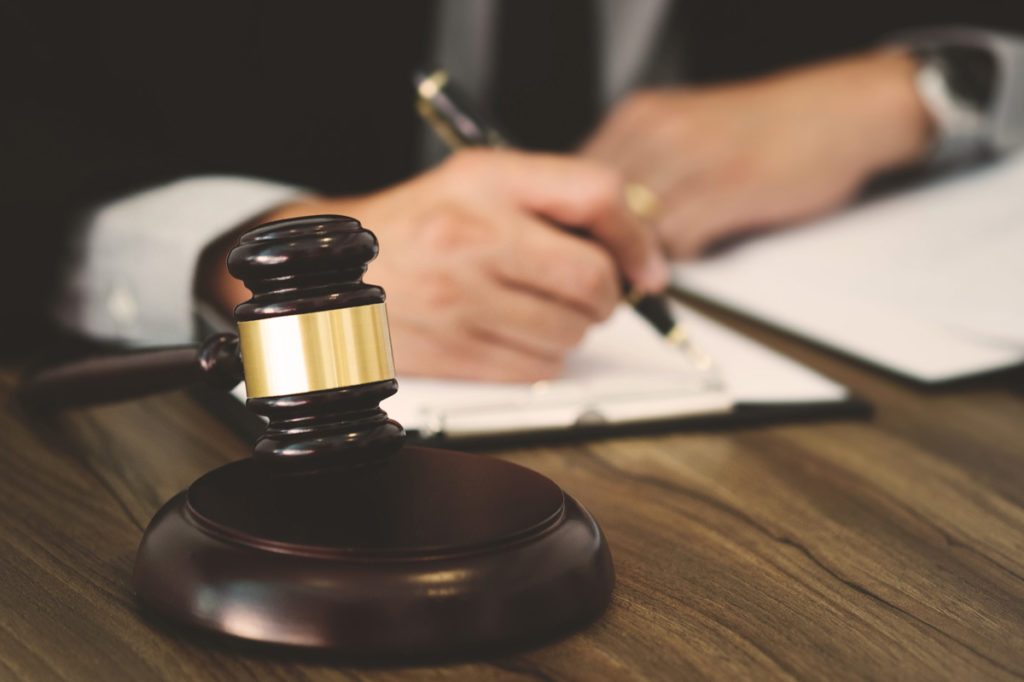
Wills and Estates: The Role of an Executor
December 17, 2019One of the most important instructions that the majority of estates lawyers will ask a client who is detailing their requests for a legal last will and testament, is how much they trust the person that they want to appoint as the executor of their will?
The role of the executor of a will isn’t really something that many people are familiar with unless they’re from a legal background or have performed the role themselves on behalf of a deceased person’s estate. Should you ever be entrusted as the executor of a will and are contacted by deceased estate lawyers Brisbane residents will need to familiarise themselves with the roles and responsibilities according to Queensland Law that they are required to undertake.

So, what is the role of an executor? In short, your appointment as executor of the deceased’s estate means that have a responsibility to four key areas.
The first of these is referred to as collecting in. This is the process of locating and identifying the main assets detailed in the will. This can include things such as funds in bank accounts, which involves contact the banks, requesting that the relevant accounts be closed and that and proceeds in those account are transferred to a new account which has been created expressly for the purpose of distributing the estate. Assets can of course take varied forms, and as well as some of the more obvious items such as real estate and superannuation, they can potentially include items such as works of art, jewellery, clothes, vehicles and other objects of value.
When the proceeds of the estate have been gathered, then comes the process of paying out any liabilities that are still owed. According to Queensland law these need to be paid in the correct order, which begins with any funeral expenses, then expenses incurred during the administration of the estate, such as legal fees and anything incurred by you as the executor. Death is of course rarely ever planned, so in many cases there are debts owed by the deceased on things like mortgages and vehicle loans. Finally, payments then need to be made to utilities providers, local councils and so on for any rates bills or similar that are outstanding.
When the liabilities of the estate have been settled, the third responsibility of the executor of an estate is to manage the affairs of that estate that are pending distribution to its beneficiaries. A long period of time can often pass before any distributions are made to the beneficiaries detailed in a will. One typical scenario to highlight this point is where a beneficiary is not immediately entitled to their inheritance from a will. This could for example be where the creator of the will set a minimum age that their beneficiaries must reach before receiving their inheritance. More complex examples can details the release of funds regularly over periods of time, often running into decades in the case of trust funds.

Finally and often regarding the main purpose of a will, executors are ultimately responsible for making sure that the distributions detailed in the will are made to the beneficiaries in accordance with the deceased’s wishes.
This whole process is of course guided by the estates lawyer entrusted with the will itself, but ultimately your role as the executor is based on someone’s opinion of you as being the right person to carry out their wishes, and someone that will act in the best interests of the estate and beneficiaries.












